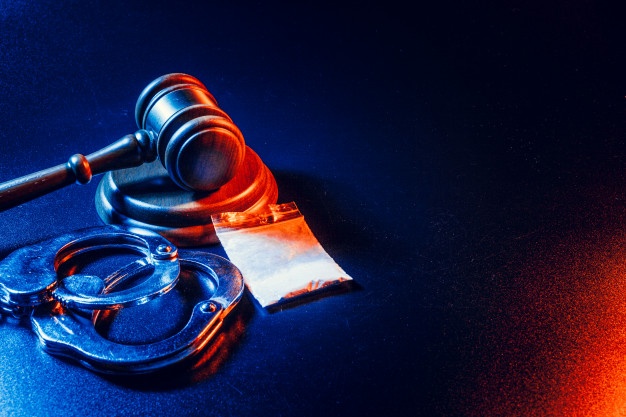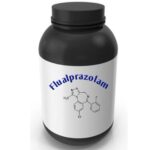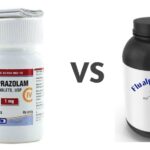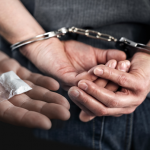Is Flualprazolam Legal?

In the United States, drugs, substances, and certain chemicals used to make drugs are classified into five (5) distinct categories or schedules depending upon the drug’s acceptable medical use and the drug’s abuse or dependency potential. These lists are intended as general references and are not comprehensive listings of all controlled substances.
The DEA uses drug scheduling as a rating system to determine which drugs have a higher potential for abuse. In the United States, It determines which drugs are available over the counter, require a prescription, or are considered legal/illegal. The agency also uses scheduling to determine the charges brought upon those in possession of drugs.
What is Flualprazolam?
Flualprazolam, also known as ‘flualp’ is a ‘novel’ or ‘designer’ benzodiazepine, similar to alprazolam (Xanax) and structurally different from benzodiazepines such as diazepam. It was first patented in the 1970’s but was never marketed. Preclinical studies described in the patent documentation demonstrate that flualprazolam has sedative effects similar to other benzodiazepines. It is a higher potency benzodiazepine with relatively short onset of action, similar to alprazolam.
There is very little published literature to describe the pharmacology, toxicology or dependence potential for flualprazolam itself, though what is known suggests that the effects are comparable to the structurally similar alprazolam. Flualprazolam is manufactured by several laboratories for research purposes and is easily available by internet. It is sold by several internet companies for research purposes with discussions on online forums, indicating that some people consume flualprazolam for its psychoactive effects, and report similar effects, including adverse effects to alprazolam.
Is flualprazolam addictive?
Yes, flualprazolam is highly addictive. Although benzodiazepines have a calming effect, they are highly addictive, and a person who abuses them faces a host of symptoms. What starts as recreational and occasional flualprazolam use can shift into a serious flualprazolam dependence that requires treatment to kick the habit. Designer drugs may seem like a fun time in college or for one night out, but they can have devastating consequences on a person’s life as well as everyone around them.
Is Flualprazolam legal?
Flualprazolam is now classified as a control substance in the United States, after the Controlled Substances Act was amended by the Controlled Substance Analogue Enforcement of 1986, which attempted to ban designer drugs pre-emptively by making it illegal to manufacture, sell, or possess chemicals that were substantially similar in chemistry and pharmacology.
As a result, flualprazolam is classified under the same category as Xanax ( Schedule 4) under the Controlled Substances Act and therefore illegal to manufacture, sell, or possess without valid prescription or license.
Due to the recent development of many designer drugs, laws banning or regulating their use have not been developed yet, and in recent cases novel drugs have appeared directly in response to legislative action, to replace a similar compound that had recently been banned. Many of the chemicals fall under the various drug analogue legislations in certain countries, but most countries have no general analogue act or equivalent legislation and so novel compounds may fall outside of the law after only minor structural modifications.
Synthetic drug charges are treated seriously by law enforcement and individuals are wise to seek strong, effective legal defense. Whether the designer drug charges center on possession, possession with intent to distribute or manufacture, criminal consequences can be severe. Recently, the police in Canada issued a public warning after receiving notification from Health Canada about the presence of flualprazolam in Xanax pills that were recently seized during an investigation.





